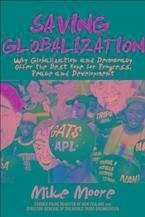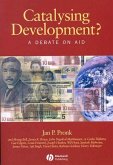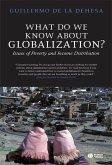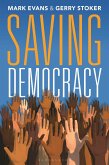Globalization is not new, nor is it a policy, it's a process that has existed as long as man looked over the horizon, travelled and traded. It can't be stopped but it can be slowed. It came to a grinding halt in August 1914 and the Marxist detour cost millions of lives and lost three generations their opportunity and hope in many countries. More wealth has been created in the past 60 years than in all of history. After the most successful decade of sustained economic growth in history, this progress is threatened. Extreme inequality, corruption and environmental degradation threaten the stability and legitimacy of many developing countries' regimes. Anti-globalization and anti-capitalist campaigners' confidence has been emboldened due to the present economic crisis. Protectionist rhetoric is growing as are the arguments to control and regulate markets. Leaders are meeting to discuss how to face these problems and create a new international architecture. How did we get to this position? What should we do? What is it that determines why some contemporary states are successful while others have failed? Saving Globalization departs from its analysis of the globalised economy in the twenty-first century to answer these question by tracing the development of what Moore considers to be 'the big ideas of history': democracy, independent courts, the separation of church and state, property rights, independent courts, a professional civil service, and civil society. Democratic capitalism has worked for most people. Why? It is a remarkable story, from the Greeks to the Geeks, encompassing technological progress and the corrections and contradictions between liberty and equality, technology, growth and the environment. In defence of the many virtues and opportunities that globalisation offers, Mike Moore makes the case for a fresh and new approach to our international Institutions and for domestic policies that promote equity and fairness. The book controversially attacks the new enemies of reason and evidence. The threats now come from all sides, especially workers in developed countries who fear for their jobs. Mike Moore is a political practitioner turned theoretician.
Dieser Download kann aus rechtlichen Gründen nur mit Rechnungsadresse in A, B, BG, CY, CZ, D, DK, EW, E, FIN, F, GR, HR, H, IRL, I, LT, L, LR, M, NL, PL, P, R, S, SLO, SK ausgeliefert werden.









